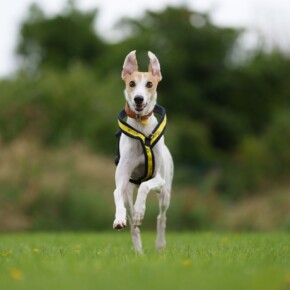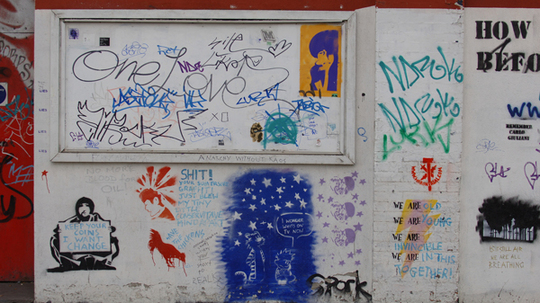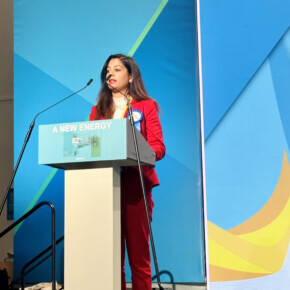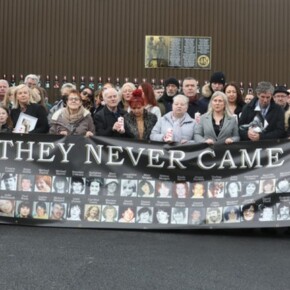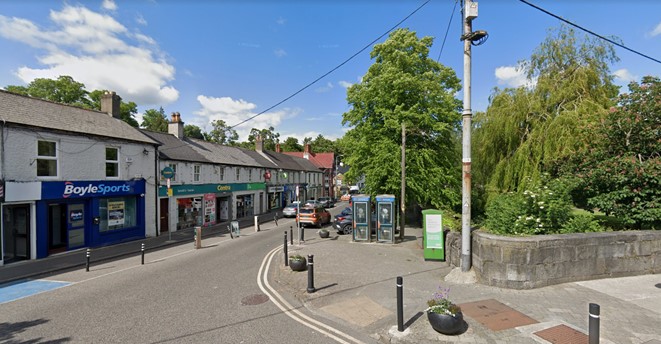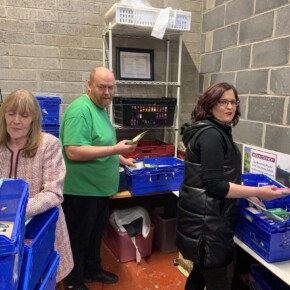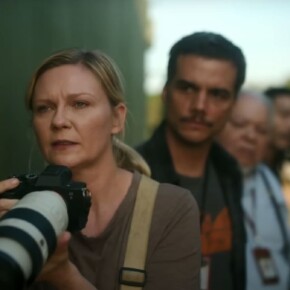More candidates announced for the Dublin Fingal constituency
Dublin People 30 Oct 2015
TWO more candidates have been added to the field to contest the general election, in Dublin Fingal.
Balbriggan-based councillor Tony Murphy and Dr Roslyn Fuller will both contest the five-seat constituency as Independents.
Cllr Murphy, who represents the Balbriggan Local Electoral Area (LEA) on Fingal County Council, will run under the Independent Alliance banner.
He contested the 2014 Local Elections for the first time, and finished second in a field comprising 23 candidates after amassing over 1,400 votes,
Cllr Murphy said he is running under the Independent Alliance banner because it is the “only mechanism for me to remain relevant to the electorate”.
“There is no whip system and I can project for the people who elected me,” he said.
“Also, being part of an Independent group gives you speaking time in the Dail. An Independent on their own always struggles to have their voice heard.
“When elected, I intend to be very vocal on all the issues affecting the new constituency of Dublin Fingal.”
Cllr Murphy said that being a councillor on Fingal County Council has given him a great insight into the workings of local politics.
“Now I want to take that on to a national level,” he added.
“I wouldn’t stand for the general election if I didn’t think I had a chance of taking a seat. I genuinely feel I can take one.”
Legal academic and author Dr Roslyn Fuller is originally from Canada and moved to Ireland in 2006.
She said: “Politics has traditionally been about trust – you need to decide which candidate you like and hope that they – or their party – delivers. Unlike other candidates, I am not asking for people’s trust.
“I want to work together with people in Fingal in a way that delivers real, continuous accountability.
“If elected, I will run regular online assemblies in Fingal and agree to be bound by the views of my constituents and vote accordingly in the Dail.”
Dr Fuller argues that participation should put people in the driver’s seat of politics and let them take a tangible role in the real decisions that affect their everyday lives.
“Participation is often used in a fluffy, tokenistic way, where people are asked to have a say, only to have their views later brushed aside or belittled and ignored,” she added.
“The Constitutional Convention, where only two out of 18 recommendations for constitutional change were ever put to a referendum, was a perfect example of this tokenistic participation at play.”


